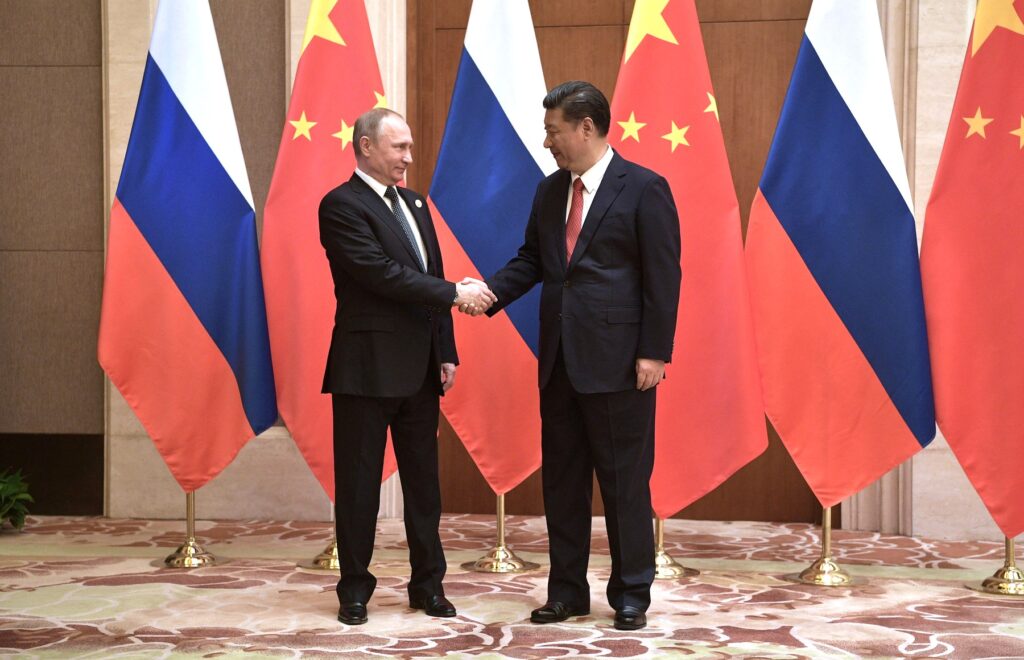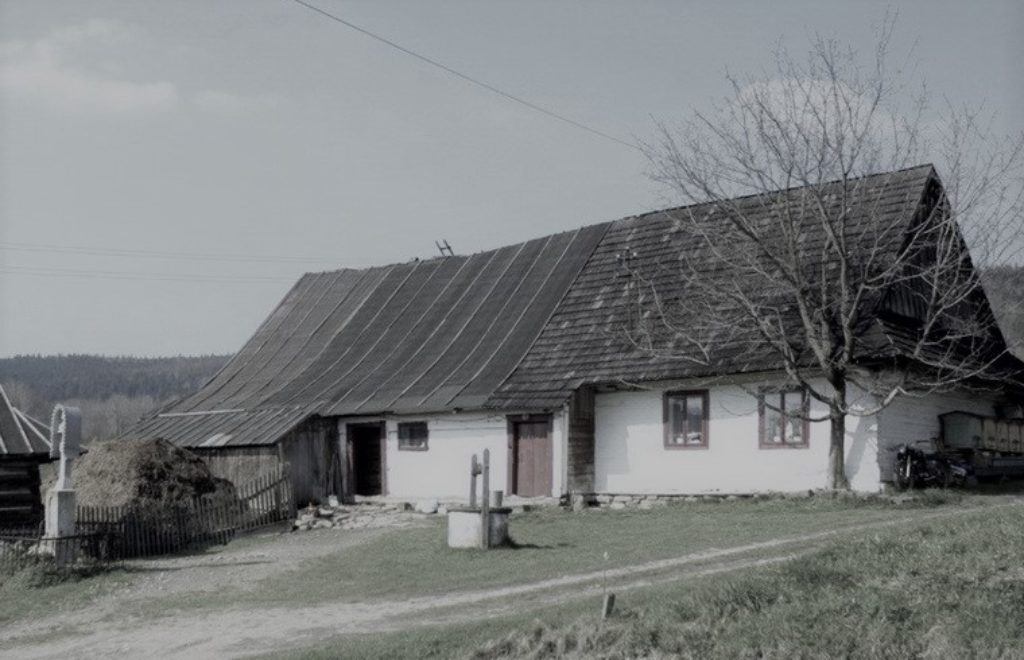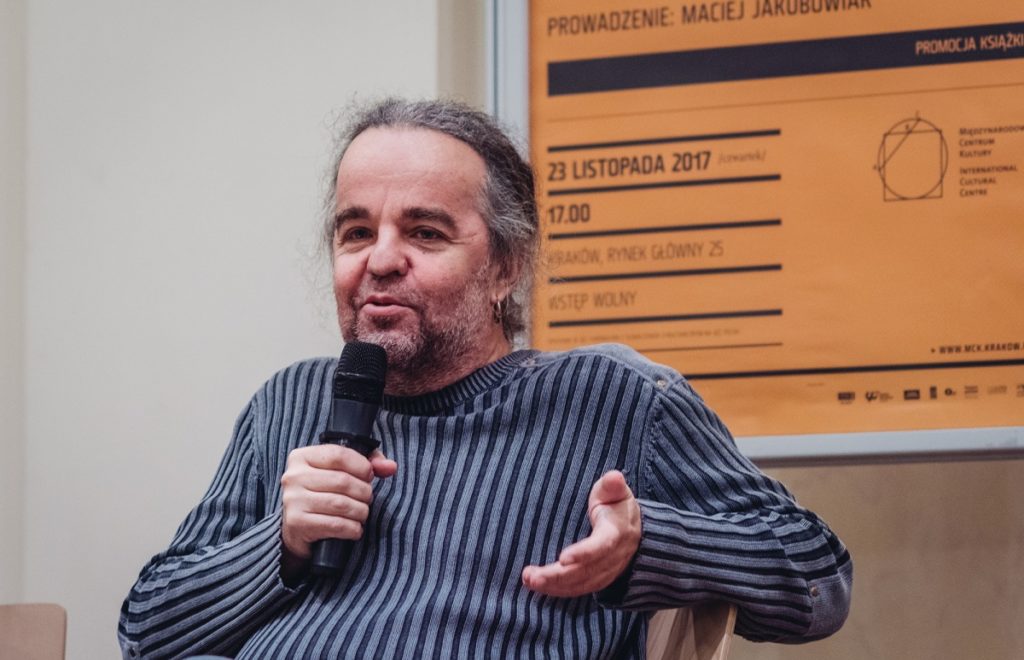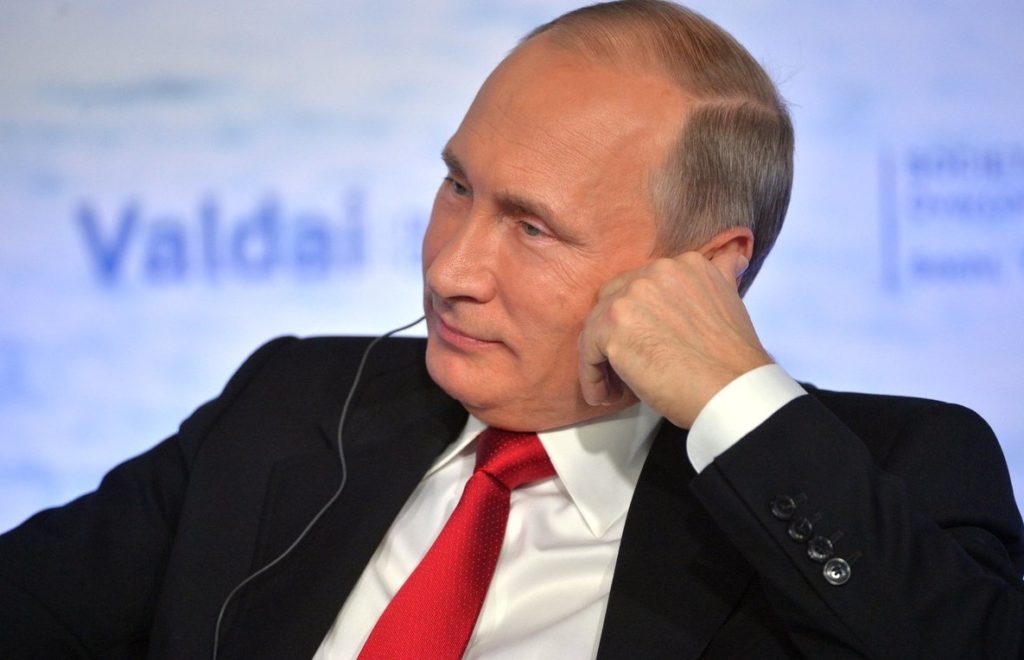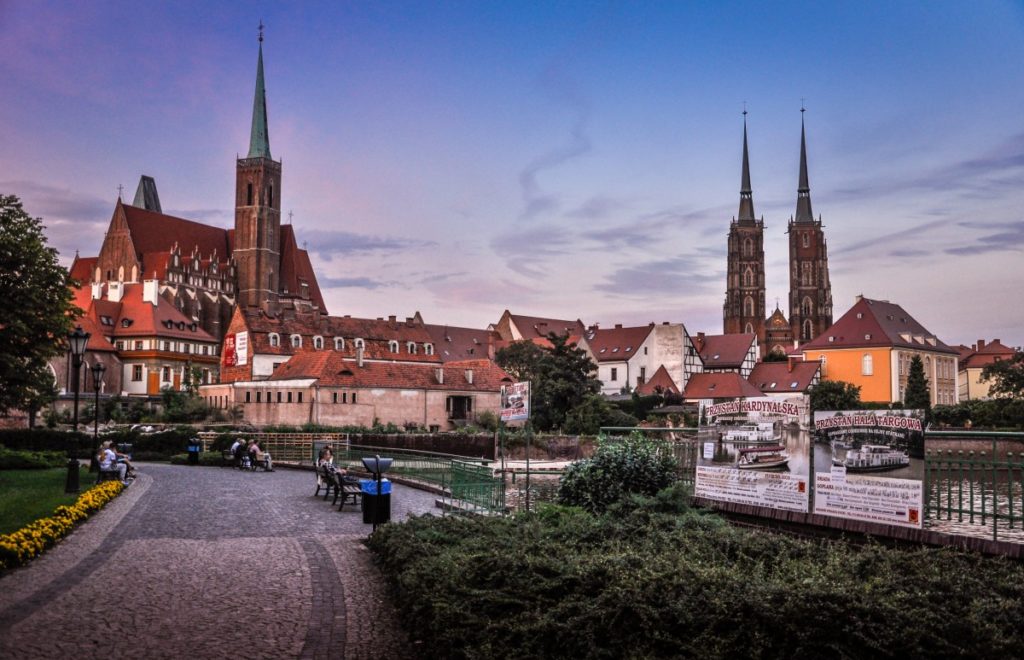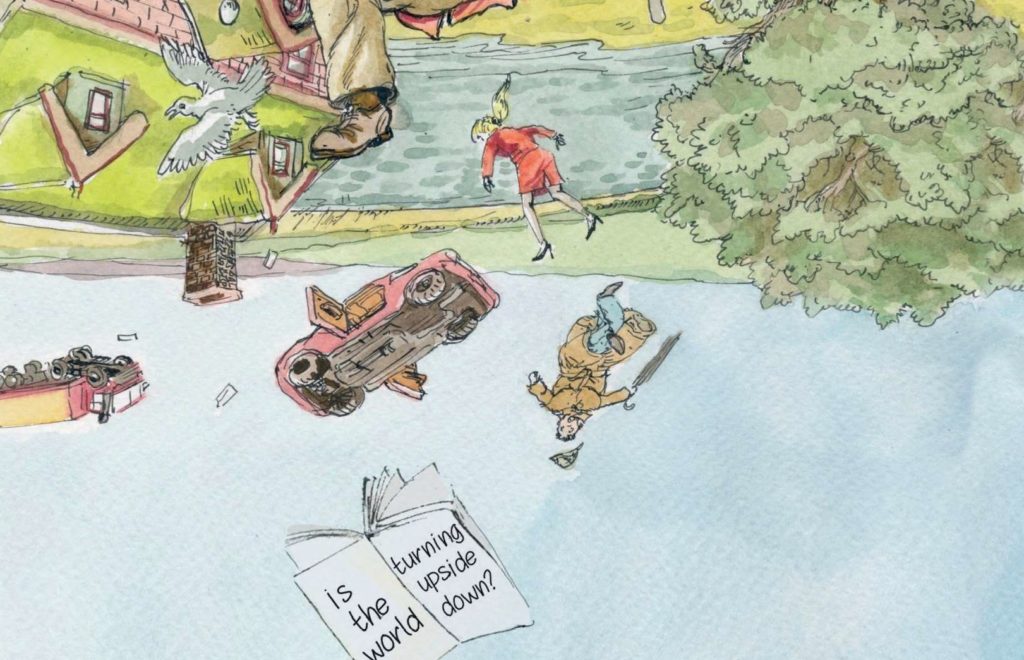The Kremlin has nothing to offer Russian citizens except stability without economic growth and no clear perspective. This will eventually bring down Vladimir Putin’s regime. The opposition, however, is not yet fully ready to take power when that happens.
“Yes, Putin has many shortcomings, but there is no alternative to him.” I have heard this phrase in Russia countless times, from shopkeepers and artists, to professors of physics and retirees. I read it in Russian (mostly) state-controlled media. Nevertheless, I am surprised every time I hear it. “Well, of course not,” I usually reply. “After all, Putin takes all necessary steps so that no alternative will arise.” It is the main goal that the giant state propaganda machine, special services, heads of Russian regions and ordinary officials pursue 24 hours a day. Nineteen years after Vladimir Putin was first elected as president, the argument that there is no alternative illustrates only one thing: the absence of democracy in Russia. For many years, the country has been stuck with an authoritarian regime that has all but eliminated political competition and blocked any attempts to change the system. This is the regime’s strength as well as its weakness. Using an expression coined by leading Russian political analyst Lilia Shevtsova, the increasingly authoritarian regime needs a democratic form of legitimisation – this is the main political contradiction of the current regime in Moscow.
February 26, 2018 -
Konstantin Eggert




